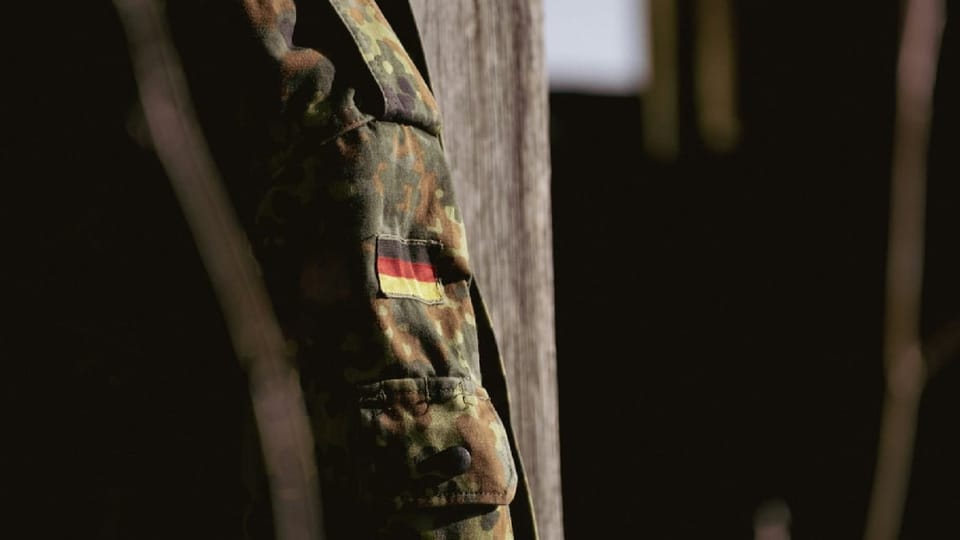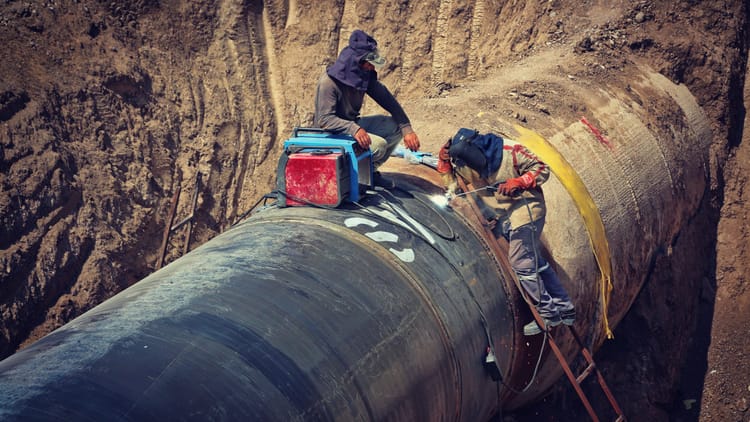Alternative history

In 1970, West German Chancellor Willy Brandt got down on his knees in Poland at the memorial to the Warsaw Ghetto Uprising. The silent gesture expressed how many Germans felt about their country’s still-recent past in the Third Reich. As Brandt later said, “At the abyss of German history and under the weight of millions of murdered people, I did what humans do when speech fails them.”
In 2019, national sentiment remained much the same: When German President Frank-Walter Steinmeier traveled to Poland for the 80th anniversary of Nazi Germany’s invasion of the country, he said, “For us Germans, our responsibility also means this: Never again may nationalism resurge! Never again may Germans cry ’Deutschland, Deutschland, über alles!’”
But now, with the war in Ukraine grinding on and the U.S. commitment to Europe wavering, Germany is serious about rearming. In 2022, Chancellor Olaf Scholz said Russia’s invasion represented a historic turning point—so Germany would respond with a historic shift in security policy. In March of this year, Berlin loosened its longstanding budget restrictions so it could raise defense spending by any amount. The government then committed €95 billion. It’s the world’s fourth-largest defense budget this year, with the goal of building the strongest conventional army on the Continent—for the first time since the 1940s.
Well, how’s this playing in Europe?
Liana Fix is a fellow for Europe at the U.S. Council on Foreign Relations and the author of Germany’s Role in European Russia Policy. Fix says this is truly a new era for Europe: Its leaders welcome German rearmament—and even want to see Berlin as one of the powers directing NATO.
But inside Germany, it’s a different story. Many Germans are wary—of military power and of those who represent it: For decades, the country’s soldiers have been objects of scorn and disrespect—an enduring problem that’s making it hard to recruit new troops for the Bundeswehr.
So to build domestic support, Fix says, the country’s leaders are pitching the transformation as a form of deterrence, not militarism. They say they’re building up the military so it won’t have to fight Russia—again. The German people’s collective thinking might have been shaped by two world wars, but the message from Berlin is that they’re now entering a new Cold War—and need to be ready for it …
Allison Braden: How would you describe Germany’s military today?






